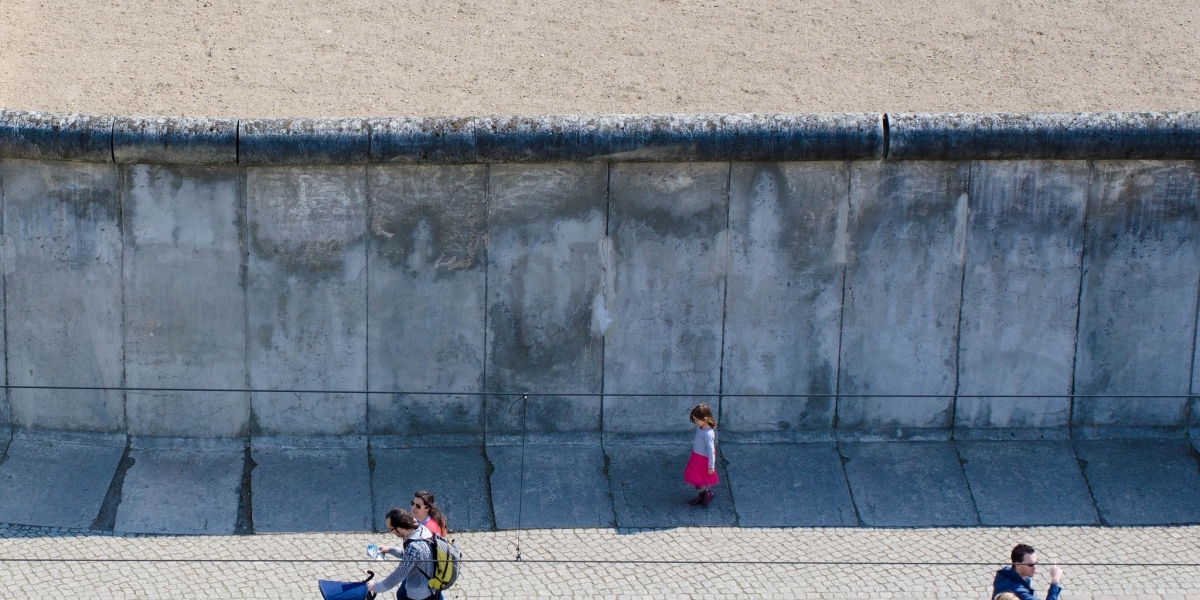
Child standing near the Berlin Wall. Photo via Flickr.
Facing History and the “Second Guilt”
“I’m also about to finally send out emails to relevant archives. One reason why this has taken me so long is that descriptions of my research in German still sound weird to me, but I’m having a hard time figuring out what exactly the issue is. I think part of it is, as strange as that may sound, being a non-Jewish German doing research on German Jewish history. I was not really forced to deal with this tension until now, because doing this kind of work while in the U.S. is very different. My project mostly seems to be perceived as a research project on a specific issue in East German history, carried out by an East German. But here, I am a non-Jewish German doing work on Jewish history. I’m not entirely sure yet what that means for my work. But I think now is a good moment to think through these things…” (Berlin, July 15, 2014)
The quote above is from a message I sent to my partner while I was in Berlin for archival research over the summer. It describes an ongoing personal struggle which has accompanied my current research project on East German Jewish history from the moment I started working on it.
Almost five months after this message, on November 9, 2014, Germans celebrated the twenty-fifth anniversary of the fall of the Berlin Wall. On the same day, many Germans and Jewish people all over the world commemorated the Night of Broken Glass, a Nazi-led pogrom targeting Jews all over the German Reich, which occurred seventy-six years ago, in 1938. The Night of Broken Glass was the beginning of an extermination campaign that culminated in the Nazis’ “Final Solution of the Jewish Question,” a euphemism for the murder of almost six million European Jews in concentration and extermination camps. Non-Jewish Germans became executioners, supporters, and bystanders of the murderous Nazi policies. Few resisted or intervened.
Today, many of us, the grandchildren of this generation, are still trying to find meaningful ways of facing this dark chapter of our history. What’s more, we are also dealing with what has come to be known as the “second guilt”: our grandparents’ unwillingness or inability to talk about their own whereabouts while millions of Jews, gay men and lesbian women, Roma and Sinti, and other racial and religious minorities were systematically ostracized, deported, and killed.
Studying Germans and Jews
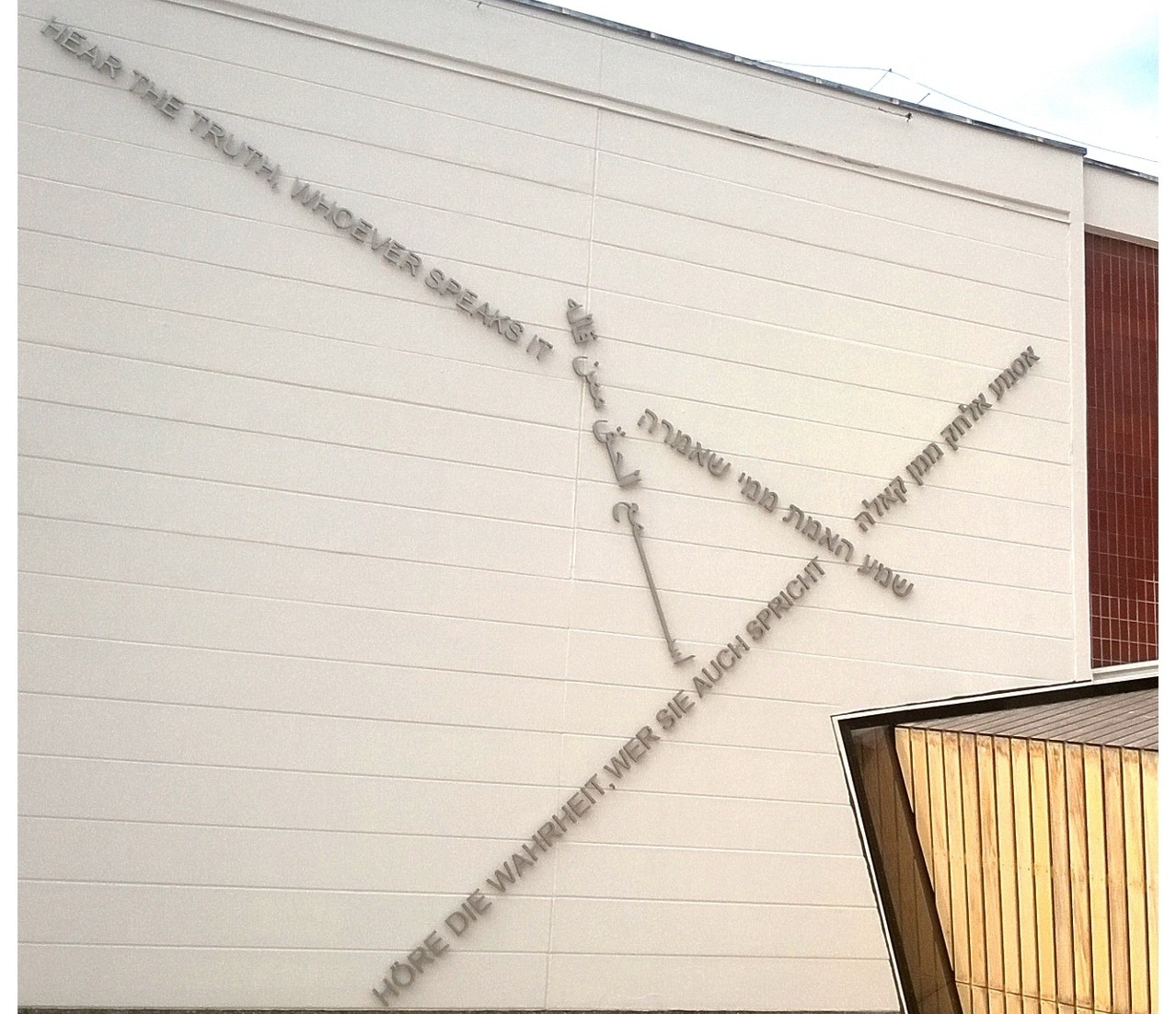
A resonant quote outside the archives of the Jewish Museum in Berlin. Photography by Katja Schatte.
Being a non-Jewish East German, November 9 is a date of conflicting, rather than just parallel, meanings for me. It highlights an ongoing identity struggle which my research on East German Jewish history has compelled me to face head on. My current project for the UW Stroum Center’s Jewish Studies Graduate Fellowship focuses on Jewish identity construction among Jews living in mixed marriages during the re-establishment of the Jewish communities in East Germany immediately after the Second World War. I embarked on this project out of curiosity, but also out of a sense that it may contribute to ongoing conversations surrounding the two moments in German history for which November 9 has come to stand.
In my academic work, I am trying to keep the oft-cited promise of “Never Again.” At the same time, I am aware that I am doing this research as citizen of a country which often still refuses to acknowledge the diversity and complexity of East German everyday life between 1945 and 1990, and the struggles reunification created for many East Germans. The current state of East German Jewish history testifies to this complicated state of affairs. I started my graduate studies in history with an interest in the everyday experiences of people living in socialist societies during the Cold War. Even twenty-five years after the fall of the Wall and the gradual dismantling of the totalitarian paradigm, which had condemned the everyday lives of people in socialist societies to meaninglessness, there are still many questions, especially with regard to the experiences of religious and ethnic minorities. Thus, while we know much about the relationship between the East German state and the Jewish community as an institution, we know little about Jewish everyday life in the Soviet Occupation Zone and the German Democratic Republic (GDR).
With my research project as this year’s Rabbi Arthur A. Jacobivitz Fellow, I hope to add to the existing body of scholarship on Jewish life in East Germany and to provide a better understanding of how individuals actually experienced life under state-socialism. But I also hope to contribute to an ongoing conversation within German society and between Germans and the descendants of Jewish Holocaust survivors and victims in other parts of the world. Even in 2104, many non-Jewish Germans have not found a way of facing the past. Far too often, non-Jewish Germans’ interactions with Judaism and the Jewish community remain an uncomfortable mix between apathy, exoticizing, walking on eggshells, and outright anti-Semitism.
Third Generation East: New Perspectives
Moving to the United States has made it easier for me to think and speak about some of these complicated issues. This change of perspective was facilitated by the opportunity of dealing with questions of my own identity, which came with leaving the context in which I was brought up. Since I moved to the United States, having to explain what I mean when I say I was born in East Germany has become a common experience for me. Everyday conversations in the United States have both required and allowed me to explain my background. But unlike in Germany, my explanations have mostly been prompted by curiosity, rather than an expectation of me being uncritically ‘grateful’ for living in post-reunification Germany. Nobody here is surprised by the fact that I am able to speak German “without a dialect” or offended by my self-identification as East German. In short, moving to the United States has given me the freedom to think about my own identity without being under constant scrutiny, a process that has been important for my work on East German Jewish history, as I now know.
I am currently a member of the U.S.-based research network Third Generation Ost. The network is loosely affiliated with the German network Dritte Generation Ost and the association Perspektive Hoch Drei. Both groups have released several publications and organize cultural events focused on the experiences of members of the so-called Third Generation East, i.e. people born in the GDR between 1975 and 1985. Unsurprisingly, the use of the generational concept has been intensely debated, ever since the term emerged. I personally have a difficult time aligning myself too closely with any organized group that, willingly or unwillingly, comes to be understood as a representative of my interests and experiences. In a way, this attitude may reflect the kind of skepticism with which I was brought up by parents who came of age in a society where one’s affiliation with political groups affected one’s professional opportunities and often served to silence oppositional voices. However, the much looser research network Third Generation Ost in the United States, with German as well as North American contributors, has allowed me to situate my own research within current debates about how to write GDR and post-reunification East German history and to reflect on my personal relationship to the subject.
When I talk about my research on postwar East German Jewish history, the fact that I am not Jewish does not seem to be confusing to anyone in my academic environment in the United States. I am merely an East German doing research on a particular aspect of East German history. However, when I arrived in Berlin this past summer to conduct research in the archives of the Jewish Museum and the Centrum Judaicum, I quickly remembered that my East German identity is only half of the story; and unlike in the United States, it is the less significant half in Germany. Before the division of Germany, there was the Holocaust. Thus, understandably, the Holocaust remains the seminal catastrophe that continues to affect relations between the Jewish community and surrounding non-Jewish communities in Germany.
However, this relationship is now embedded in a much more complex context than it was before 1990. In a recent essay in the German newspaper der Freitag, Dimitrij Belkin writes about what he calls “patchwork Judaism” (“Patchwork-Judentum”). Over the last decades, the immigration of Jews from the former Soviet Union, the continued conflict in the Middle East, and younger Jews’ increased readiness to marry non-Jewish Germans have made the Jewish experience in Germany more complex. Jewish communities have opened up, and Belkin claims that these changes and the German Jewish history of trauma and suffering can help Jews “be a kind of Avantgarde, to dismantle social prejudice and promote education.” Understandably, these developments and interpretations like Belkin’s have caused debate within the Jewish community. But they are also important for the relationship between Jews and non-Jews in Germany and for what should be a shared fight against anti-Semitism, as Belkin concludes.
Using Research to Build Bridges
Almost five months after my return from Berlin, my thoughts from earlier this year still resonate with me. Being German and not Jewish, research in Jewish archives on topics of Jewish history will always be more challenging than doing research on other issues of East German history. However, thanks to countless conversations with friends, acquaintances, and colleagues, not least during the meetings for the Stroum Center’s Jewish Studies Graduate Fellowship, I have been able to see my project from different perspectives. I have come to understand that it is possible to use my work to build bridges, rather than to appropriate Jewish history.
In a way, this project connects my current academic work with my personal process of facing my own family’s history. This process began over six years ago, during a seminar on family memory in cooperation with students of social work from the University of Haifa, when I was training to be a social worker at the Alice Salomon University in Berlin. My current project is the next step. And I hope it will contribute to the ongoing dialogue between Jewish and non-Jewish Germans, by way of U.S. academia. As Dimitrij Belkin points out, Germany currently has the fastest-growing Jewish community in Europe. But engaging with German Jewish history today is not any easier than it was fifty years ago. However, if we, non-Jewish Germans, allow the fear of disagreement and controversy to paralyze us, a third guilt will grow out of the second one. A chance to create dialogue may end up being a legacy of bystanders. I hope that my project will contribute to many Germans’ ongoing efforts of facing our history and having conversations that are difficult, because they affect the core of our identities, as Jews, Germans, East Germans, or however we may identify.

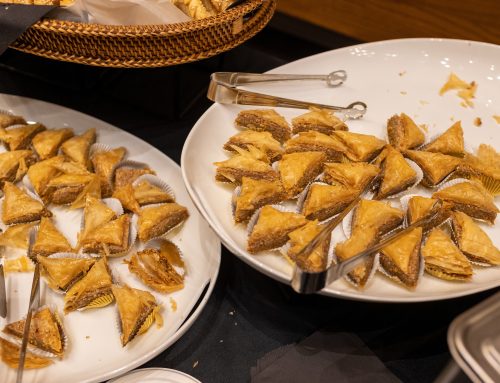
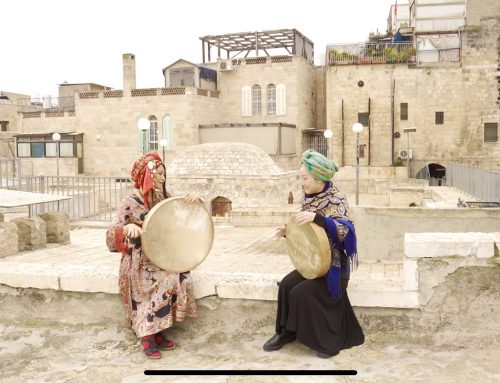
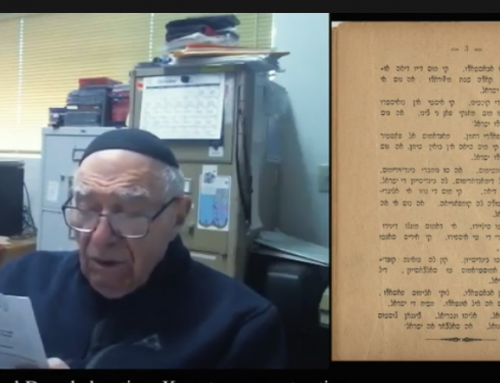
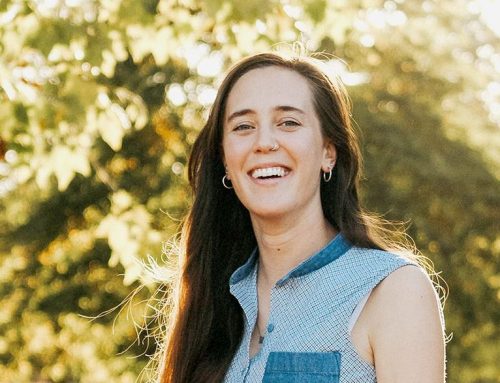
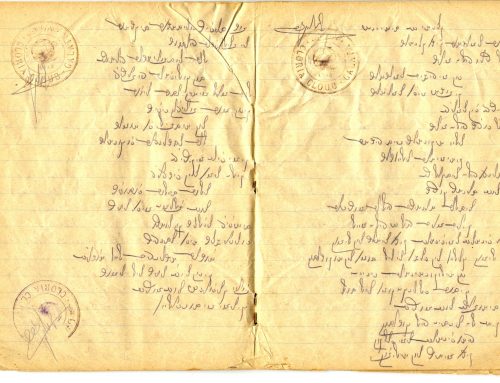
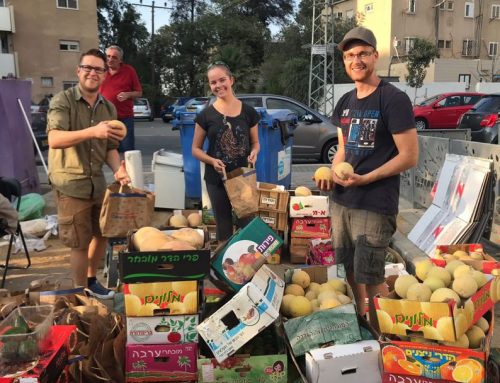
I’m really very glad that someone at uw is working on a project of this magnitude and potential importance. I’m a history undergrad at uw… my mother’s family is Jewish in a mixture of both Russian and Austrian heritages (which by Jewish law makes me Jewish as I’m sure you know since lineage is passed maternally). As far as my grandmother is aware, the majority of her extended family who stayed in Europe was killed during the Holocaust.
Despite being ethnoreligiously Jewish rather than adhering to Judaism as a faith, my identity as Jewish is an important part of who I am (though I wouldn’t say it describes me fully of course). My husband is from west Germany, and he frequently becomes confused when I bring up my identity as Jewish to him, even if it’s just a casual mention in passing. He does not understand, perhaps, and may even subconsciously think I am trying to force him to feel guilty for things his grandfather’s generation did as I think many people might, though he knows I never would judge him for the actions of his grandparents. I know we are a modern couple and I am not German nor is my husband from east Germany, but your research is relevant to me.
In my visits to Germany when I was dating my husband I really noticed the incredibly subtle complexity of the interactions between German jews and east and west Germans. I can only imagine the complexity when you throw all of these things into the mixture of research. I’m very appreciative that someone is taking the time and energy to research such a difficult and seldom discussed topic (since most histories I’ve studied about postwar Jewish families tend to be the kind where they flee to the US or Israel, not the ones who actually stayed in Europe). I can’t wait to see your finished research and whatever book or article it produces. Good luck!